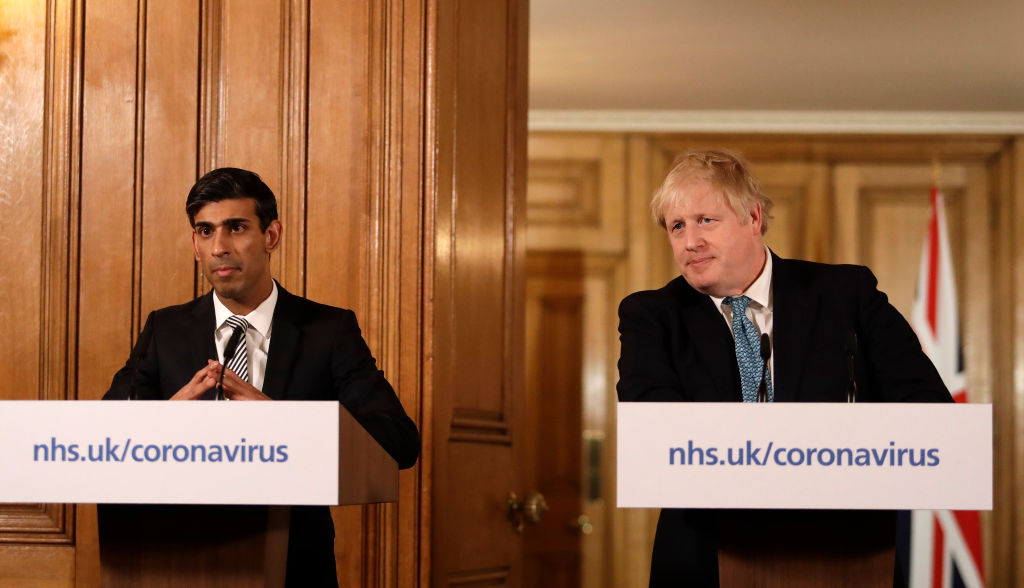It would not have been obvious to those drafting the Conservative manifesto last autumn that they were planting a very large bomb beneath the government. After all, the triple lock had already featured in three general election campaigns and had yet to cause the public finances a problem. But the very special circumstances of the Covid-19 crisis have lit the fuse. The inevitable explosion is either going to cost dearly the Conservatives’ reputation in the eyes of pensioners – or else widen an already gaping public deficit, as well as offend millions of younger people who might already be seething at what they see as intergenerational unfairness.
The problem is that furloughed workers are going to cause havoc with the calculation of average incomes. Under the rules of the scheme, recipients are paid 80 per cent of their normal salary, up to a maximum of £2500 a month. This financial year it will mean a sharp drop in average earnings. Next year, when hopefully the economy is back to something approaching normality and the scheme will surely have ended, those average earnings will rise sharply.
But the pensions triple lock guarantees that state pensions will rise by 2.5 per cent, by average earnings, or by September’s Consumer Prices Index (CPI), whichever is greatest. This year, with the CPI currently at 0.5 per cent and average earnings set for a big fall, pensions are almost certainly going to rise by 2.5 per cent. Yet next year, they are likely to be carried upwards by a huge rebound in average earnings. Some believe that it could lead to the £100 billion a year bill for the state pension rising by between £12 billion and £20 billion. Pensioners would have done extremely well out of the crisis – and the Treasury (i.e. the general taxpayer) the huge loser.
The Chancellor, Rishi Sunak, is said to be pushing for the triple lock to be suspended for two years in order to avoid this problem. An alternative would be simply to exclude the wages of furloughed staff from the Office for National Statistics’ calculations of average earnings. There would be a good justification for this: furlough payments aren’t really wages or salaries, they are a form of compensation for being laid off. But could the government get away with asking the ONS to do this – to be seen to be interfering in the way it collects its statistics?
The braver thing to do would be to drop the triple lock altogether. It is an absurdly generous device which, perversely, was introduced by David Cameron at a time when his government was having to tackle a huge deficit. It is a product of the time of ‘austerity’ – though there is nothing very austere about guaranteeing pensioners a 2.5 per cent rise even if average earnings are falling. The triple lock has always been a hostage to deflation, and always will be. Whether this crisis will be followed by inflation or deflation divides opinions among economists, but the latter is at least a possibility.
Is Boris Johnson a big enough rat to go back on a manifesto promise to pensioners? I doubt it, but somehow he is going to have to counter the huge damage which the triple lock threatens to wreak on the public finances.







Comments